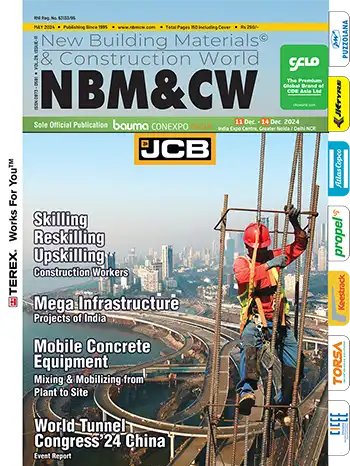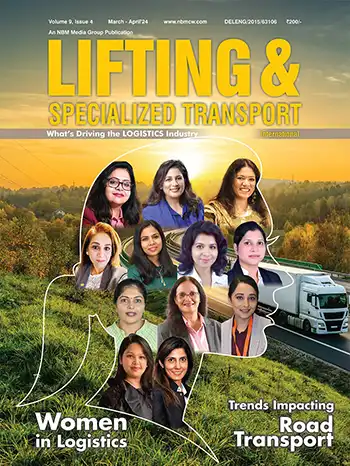REPL: Building Skilled Construction Workforce with Curriculum Innovation
When there's a shortage of skilled workers, projects can experience delays due to insufficient manpower. This can occur at various stages of the project, from planning and design to actual construction. Without enough skilled workers, tasks take longer to complete, leading to project timeline extensions.
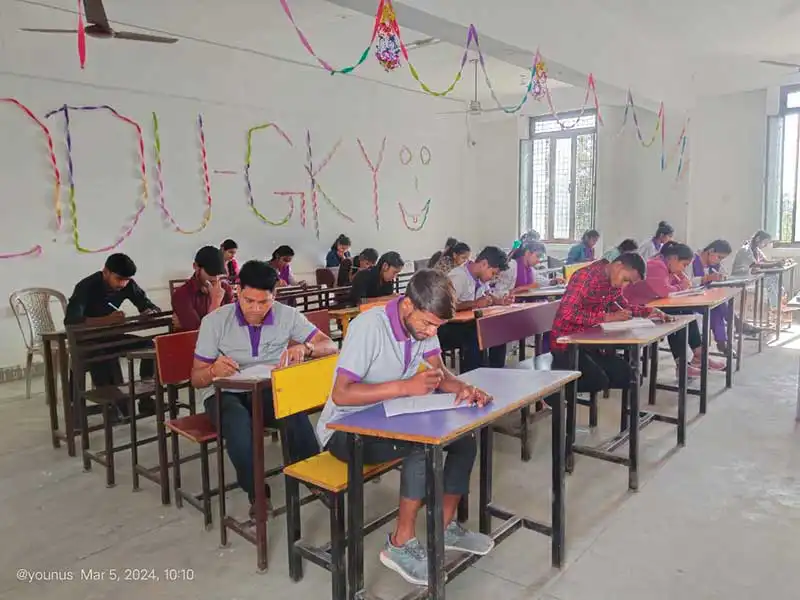
Skill shortages may also impact a construction company's ability to adopt innovative construction methods and technologies: Skilled workers are often necessary to implement and operate advanced construction machinery and software. Without them, projects may rely on traditional methods that could be less efficient and more costly in the long run. A shortage of skilled workers can lead to overburdening the existing workforce, increasing the risk of accidents and injuries on construction sites. Skilled workers are typically better trained in safety protocols and practices, so their absence can compromise overall site safety.
Construction firms that consistently face skill shortages may struggle to compete effectively for projects. Clients may be hesitant to award contracts to companies that are perceived as unreliable due to past delays or quality issues resulting from skill shortages.
Addressing skill shortages in the construction industry requires long-term solutions: These include investing in education and training programs to develop a pipeline of skilled workers, adopting technologies that can improve productivity, and creating an attractive work environment to retain talent. Failure to address these shortages can hamper project timelines, increase costs, and diminish overall project success.
The DDU-GKY (Deen Dayal Upadhyaya Grameen Kaushalya Yojana) scheme is an Indian government initiative aimed at providing skill development training to rural youth for wage employment. The training courses provided by REPL to workers are:
Surveyor
Job Role: A surveyor is responsible for conducting land surveys and preparing maps, charts, and other documents related to construction projects.Skills Taught: Surveying techniques, operation of surveying equipment, map reading, understanding of land measurements and boundaries.
Importance: Surveyors play a crucial role in ensuring accurate measurements and assessments of land for construction projects, helping in proper planning and execution.
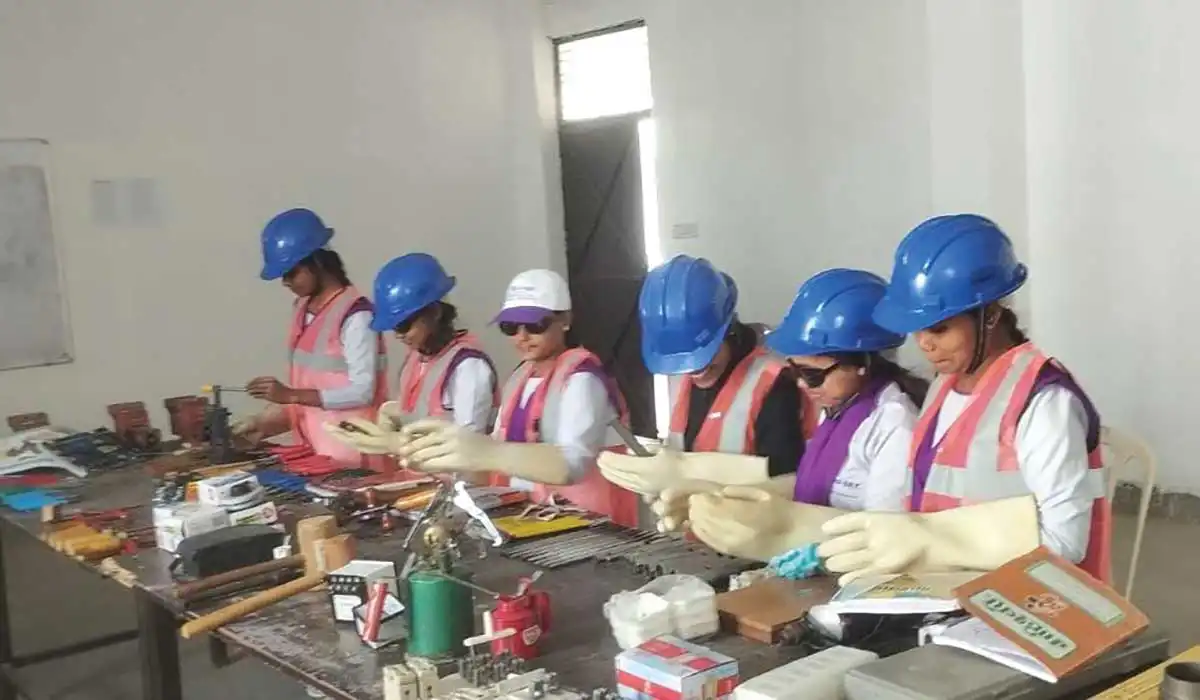
Mason (General)
Job Role: A general mason is involved in the construction of buildings, roads, bridges, and other structures using materials such as bricks, concrete blocks, and stone.Skills Taught: Bricklaying, block laying, plastering, concrete work, tile setting, basic understanding of construction drawings.
Importance: Masons are essential for executing construction work accurately and efficiently, contributing to the quality and durability of built structures.
Soft Skills
Job Role: Soft skills training focuses on developing interpersonal, communication, teamwork, and problem-solving essential for success in the workplace.Skills Taught: Communication skills, time management, teamwork, adaptability, leadership, customer service, and conflict resolution.
Importance: Soft skills are crucial for effective collaboration, customer satisfaction, and career advancement in any industry, including construction.
Basic IT
Job Role: Basic IT training introduces participants to fundamental computer skills and applications commonly used in various industries.Skills Taught: Operating systems, word processing, spreadsheets, internet browsing, email communication, file management.
Importance: Basic IT skills are increasingly important in the modern workplace, facilitating tasks such as documentation, data entry, and communication.
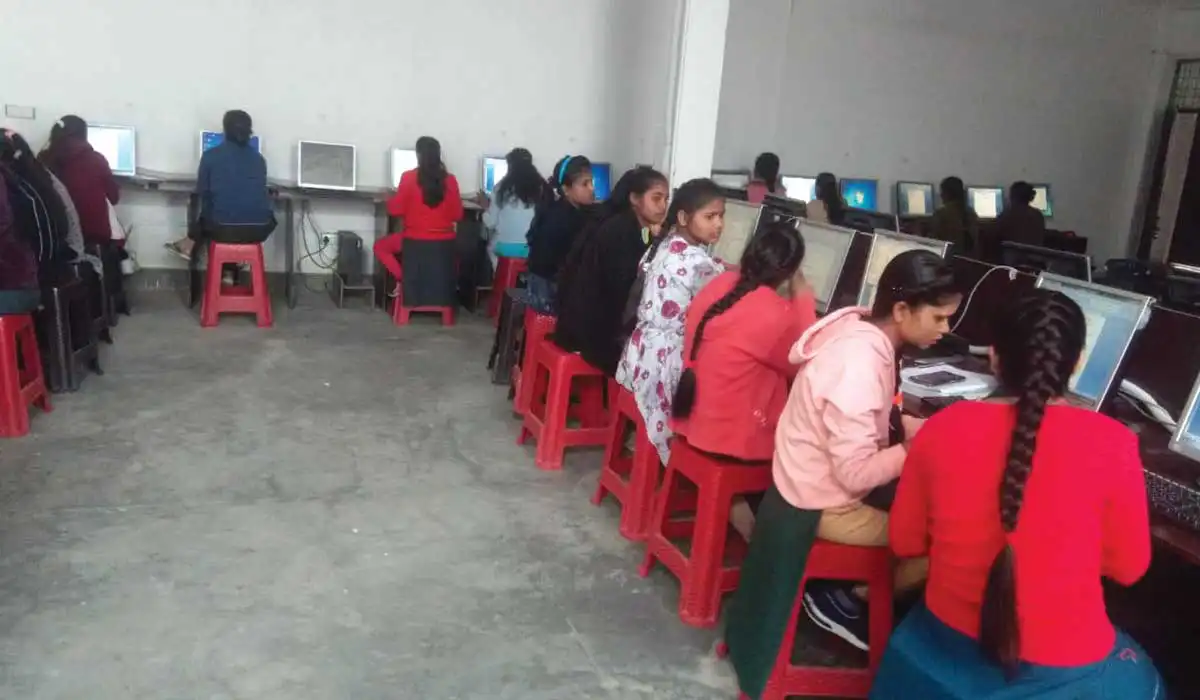
Foreman Electrician (Construction)
Job Role: A foreman electrician oversees electrical installations and maintenance work on construction sites, ensuring compliance with safety standards and project specifications.Skills Taught: Electrical wiring, installation of fixtures and equipment, reading electrical diagrams, safety protocols, supervision of electrical teams.
Importance: Foreman electricians play a critical role in managing electrical work on construction sites, ensuring the safety and functionality of electrical systems in buildings and infrastructure.
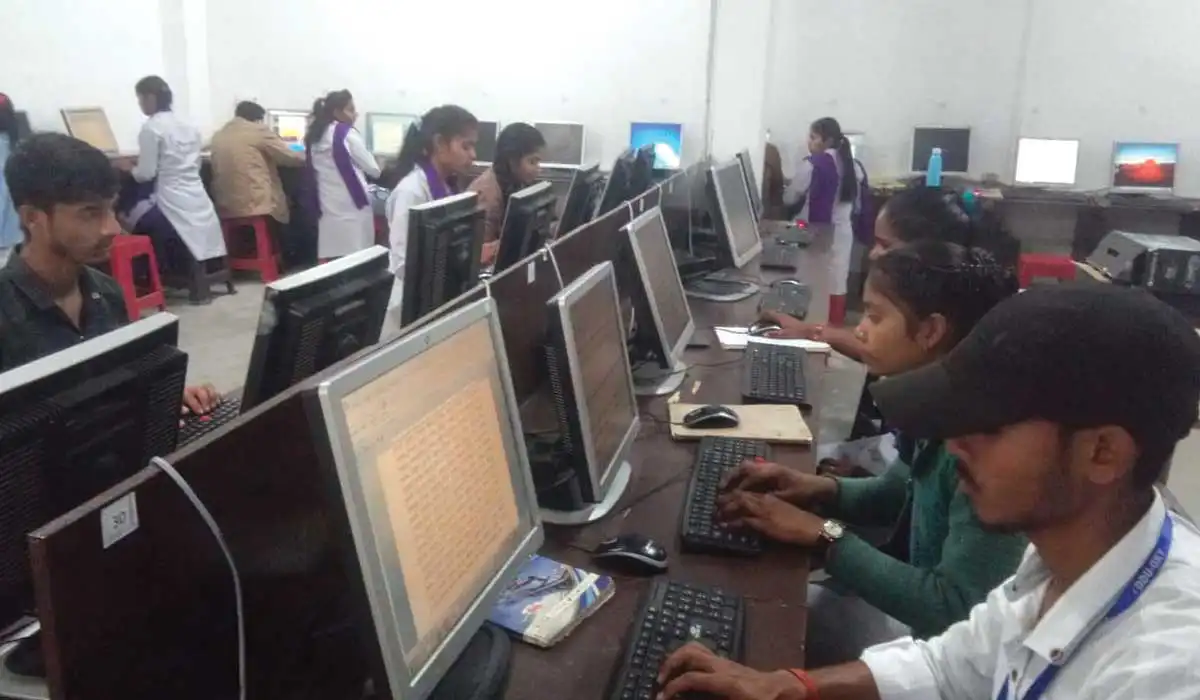
Adapting the curriculum to keep pace with evolving technologies in equipment operation and maintenance: This is crucial to ensuring students are well-prepared for the modern construction industry. Here's how the curriculum at REPL would adapt:
- We conduct regular reviews of our curriculum to identify areas where technological advancements can be integrated. This ensures that our course content remains current and relevant to industry needs.
- We incorporate dedicated modules or courses focused on emerging technologies relevant to equipment operation and maintenance. This may include topics such as telematics, GPS-guided machinery, drone technology for site surveying, Building Information Modeling (BIM) for project planning, and advanced construction materials.
- Our curriculum includes hands-on training opportunities with modern equipment and technology. Students learn to operate and maintain advanced machinery commonly used in the construction industry, providing them with practical experience and enhancing their employability.
- Our instructors undergo continuous professional development to stay abreast of technological advancements in the construction sector. This ensures they can effectively teach and mentor students on the use of new technologies and equipment.
- We emphasize digital literacy skills and problem-solving abilities in our curriculum. Students learn to adapt to new technologies, analyze complex problems, and apply innovative solutions in construction projects.
- We utilize flexible learning platforms, including online resources, virtual simulations, and interactive modules, to complement traditional classroom instruction. This allows students to access updated content and practice using digital tools at their own pace.
By observing and participating in real-world construction activities, students get a hands-on experience that allows them to learn about construction techniques, safety practices, and project management firsthand. These partnerships lead us to internship and apprenticeship programs where students work under the guidance of experienced professionals and gain practical experience in various aspects of construction, including site management, supervision, and technical skills.
Addressing the skill shortage in India requires concerted efforts from both the government and industry: Several key challenges must be tackled to effectively overcome this issue:-
- Ensuring that skill development initiatives align with the evolving needs of industries. There should be close collaboration between the government, industry associations, and educational institutions to identify emerging skill requirements and design training programs accordingly.
- Ensuring the quality of skill development programs is crucial for producing skilled workers who meet industry standards. This involves developing robust curriculum frameworks, updating training methodologies, and implementing rigorous assessment mechanisms to evaluate the competency of trainees.
- Despite various skill development initiatives, reaching remote and marginalized communities remains a challenge. Efforts are needed to improve the accessibility of training programs, especially in rural areas, through the establishment of training centers, mobile training units, and outreach campaigns.
- The availability of qualified trainers and instructors is essential for delivering effective skill development programs. Investments are needed to enhance the capacity and competency of trainers through training-of-trainer’s programs, continuous professional development, and certification schemes.
- Strengthening partnerships between the government and industry is crucial for bridging the gap between skill supply and demand. Industry participation in curriculum development, provision of apprenticeships and on-the-job training opportunities, and active involvement in skill councils can facilitate better alignment with industry requirements.
- In addition to technical skills, there is a growing demand for employability skills such as communication, teamwork, problem-solving, and adaptability. Integrating soft skills development into skill training programs can enhance the employability of graduates and their effectiveness in the workplace.
NBM&CW - May 2024















